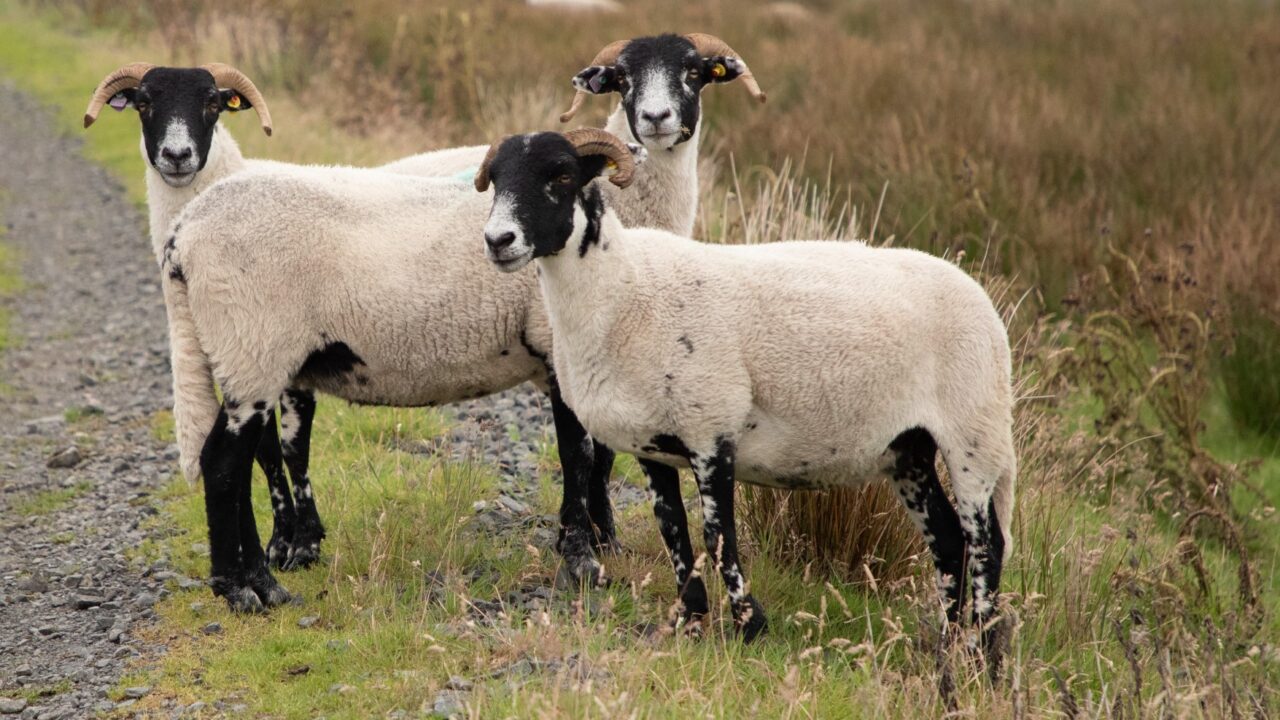The College of Agriculture, Food and Rural Enterprise’s (CAFRE) Hill Farm Centre at Glenwherry is hosting an open day on Wednesday, September 3.
The farm, which is home to 1,100 ewes, is managed to maximise efficiency and productivity alongside a strong focus on habitat management and enhancing biodiversity.
The hill flock consists of Scottish Blackface and Blackface x Swaledale ewes, which graze on the upper areas of the farm - predominantly areas classed as heather moorland and blanket bog.

A core of the flock, 250 Blackface ewes are bred pure and genetic performance is evaluated through the signet breeding programme, 100 Blackface ewes are crossed with Swaledale to increase hybrid vigour and performance in the crossbred flock.
250 Blackface x Swaledale ewes are mated with Texel to produce a more prolific female with improved milk, growth and carcass to utilise the more productive areas of the farm, with these Texel-cross ewes managed on the lower hills and parks.
The majority are mated with a terminal sire, currently a Meatlinc, to produce a lamb capable of high growth rates in a forage-based system with improved carcass confirmation suitable for store or finish.
A further group are mated with Lleyn to produce replacements for the lowland flock at the CAFRE beef and sheep centre.
CAFRE
A major focus is the breeding of high-quality females,with all replacements being homebred and selected on ewe performance, mothering ability and milk, alongside lamb performance characteristics such as growth.

The only stock bought in are rams which are selected on genetic merit, focusing on maternal traits such as prolificacy, birth weight, and milk followed by growth and carcass.
Where available, there is also a focus on health traits such as faecal egg counts (FEC).
All rams entering the flocks enter under strict biosecurity protocols and are quarantined. They will be treated for parasites, OPA scanned and brought into the vaccination programme.
CAFRE has highlighted that the hill sheep sector is a “major component” of the Northern Irish sheep industry, striving for productive flocks and generating a valuable income stream is crucial to ensure these enterprises remain.
It said the hill sheep systems play a vital role in maintaining the uplands in a desirable state which enhances biodiversity, supports a vast range of wildlife, and delivers on factors such as water quality and carbon sequestration.
These farming enterprises are also an integral aspect of a thriving rural community.

